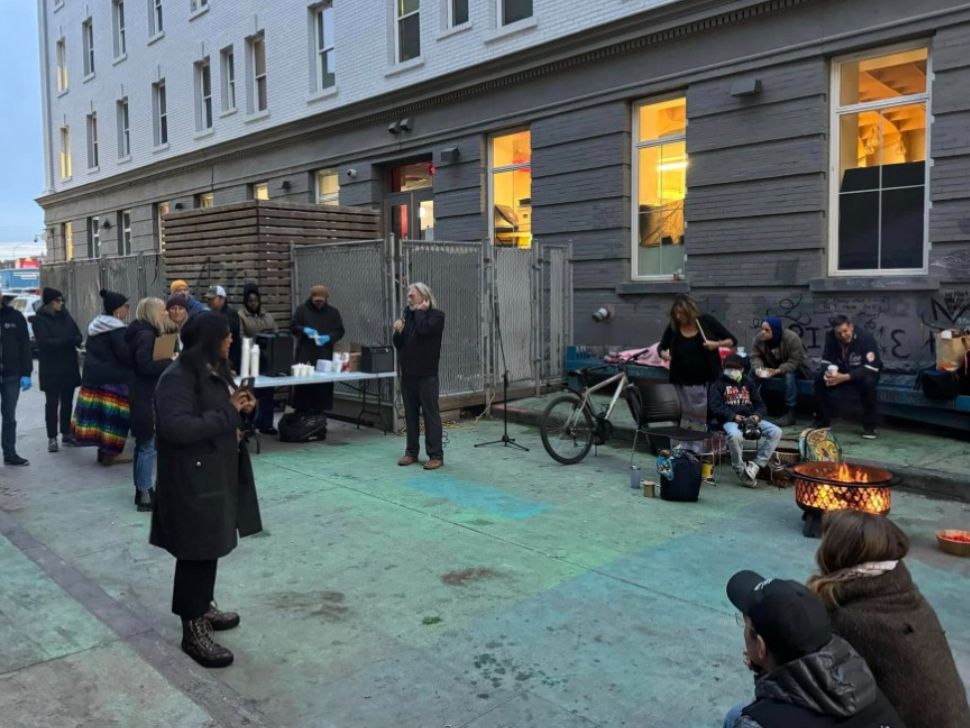According to End Homelessness Winnipeg, after taking a street census of the city in 2024, homelessness is at its highest numbers since 2015.
"[The census] is intended to help us count how many people in Winnipeg experience homelessness in a day," says Elijah Osei-Yeboah, the Manager of Evaluation and Shared Measurements with End Homelessness Winnipeg. "It also helps us know what their experiences are and how best to meet their housing needs."
According to the report, the Indigenous population is vastly overrepresented.
"[Indigenous people] constituted 79.9 per cent of the unhoused population. If you break that down, First Nations were almost 63 per cent, and Metis were 15 per cent. To put these numbers into perspective, based on the most recent national census, Indigenous people constitute only 12.4 per cent of Winnipeg's population."
The majority of people who are unhoused are between the ages of 30 and 49 years.
"Another major finding was, there were major contributors to homelessness in Winnipeg. One was discharges from hospitals into homelessness. CFS (Child Family Services) was also a major contributor. We found from our study that close to half of the survey respondents had prior experiences with CFS. Typically, they stay with CFS and age out at 18. But unfortunately, when they age out, they don't have the supports that they need to able to find housing and maintain that housing."
The other major contributor, according to Osei-Yeboah, is incarceration. Roughly 30 per cent of people experiencing homelessness have been previously in jail.
"We know that jails are the most expensive form of housing. The federal government estimated that it costs them on average, over $300 to incarcerate a man, and for a woman, it's $589/day. Let's just round it off to $600. If you multiply that by 30 days, that's $18,000. You can't even get a mortgage for a fraction of that cost."
Moving Toward Solutions
End Homelessness Winnipeg also found that 60 per cent of unhoused people in Winnipeg were on Employment and Income Assistance (EIA).
"Another major contributor to housing loss is income. How much they were receiving from EIA was not enough to be able to get a place. So we call on the provincial government to increase the EIA amount and tie that to the rising cost of living. If they increase it and it doesn't keep up with the cost of living, over time, the money won't be enough, and people will lose their housing again."
Osei-Yeboah shares that preventing people from experiencing homelessness in the first place is important.
"Prevention is better than a cure. To be able to prevent homelessness, we need to be able to stop the flow from the three government institutions. In Winnipeg, we are in a dire situation when it comes to housing. We don't have enough."
This street census was the fifth one done in Winnipeg. There have been 66 other street censuses taken across Canada.
